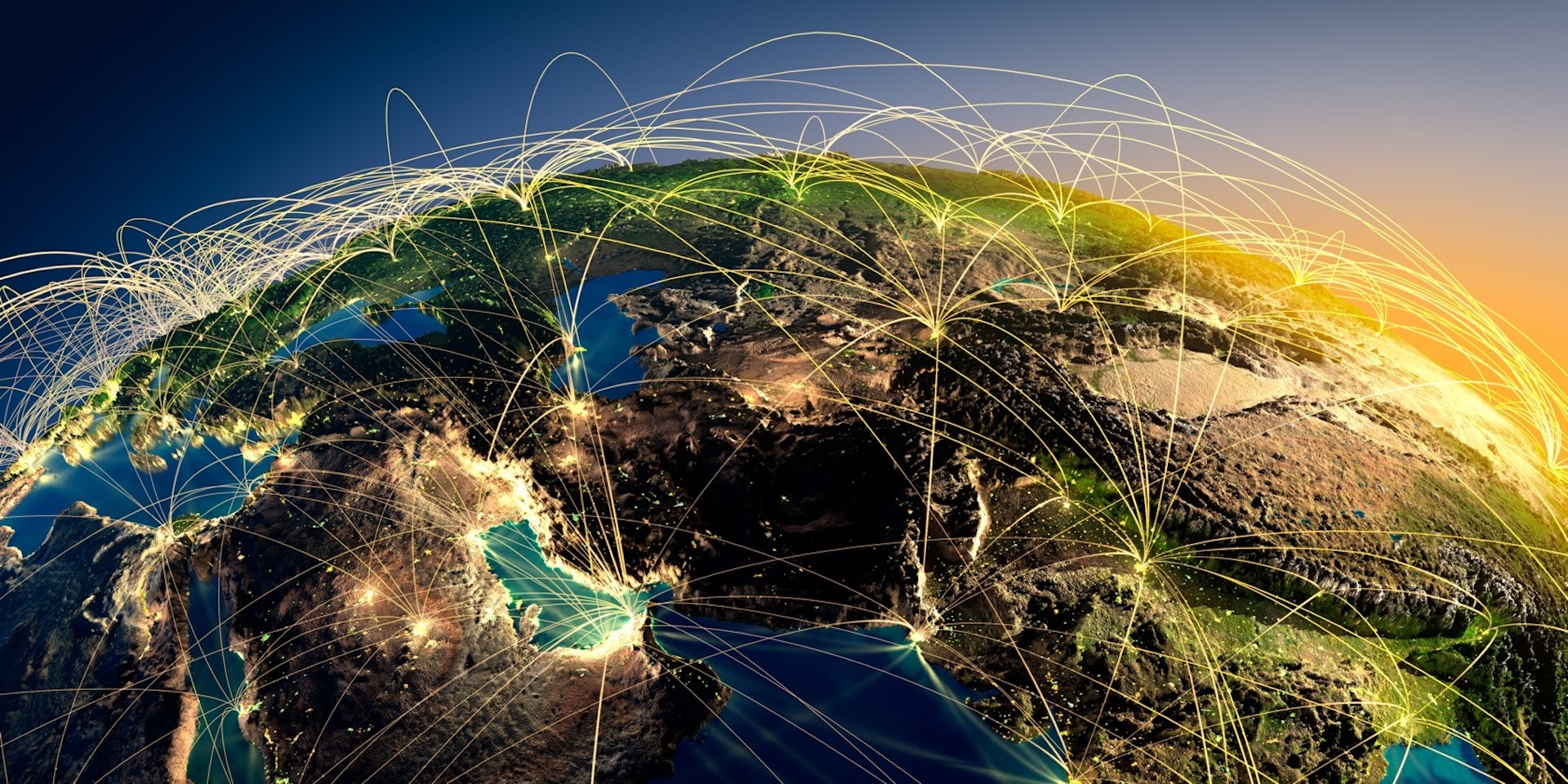Freedom of Speech on the Internet
Once upon a time, the world comprised many communities with different opinions about free speech. Some allowed it, some prohibited it, and some operated in vast grey areas depending on what their particular dictionaries defined as freedom of speech. It only mattered what a county’s specific constitution said about free speech and most of them had something that ended up being somewhere in the middle regarding free speech.
It wasn’t until the early 1990s that it became apparent that there would be something that could take the world’s different ideas of free speech and make them all into one basic definition and one basic idea. That was the internet. The internet was this broad land where anyone could go and post just about anything. There wasn’t anything too much for the internet – as things got more complex, sites just got bigger and more able to handle large amounts of information. Everything got more extensive. At last count, there were millions of websites and domain names. Everyone wanted in on the action.

Especially the companies that decided to log on to the internet as well. Remember all of them, vying for places to be and domain names, thinking they would hit it rich and make the big time just by being online? It just so happened that many businesses made it online… and a lot more did not. When it came right down to it, selling things online was simply another way of selling, and in the selling world, some things work while others do not.
However, the internet ended up being about much more than selling. It was about having a place to speak your mind and tell others what you thought. It quickly became apparent that being online was like being on a vast sounding board that spread worldwide. You could say anything, and there were no rules and regulations to censor you. Even on sites that had adult content, people were posting things, and people saw things. There was no way to control what went onto the internet, and there’s still no way to ensure certain things stay off of it. It was a nightmare for a country that didn’t want its citizens to see anything.
Before nations could log onto the internet, borders between countries meant so much more than they do now. Governments could set rules about the kinds of things allowed in their countries. They could search people as they left and came into their countries, taking away things that were either not supposed to leave their homeland or not supposed to be brought in. Governments could control publishing houses and tell them what they could and could not put into books. Music, writing, and the arts could all be censored due to the government, and all it would take to enforce the censorship would be government police raiding homes. It was straightforward for governments to edit what their citizens could see and what they could do.
Some countries contained citizens who were not allowed to know anything about the rest of the world. And, when important things happened in these countries, the rest of the world couldn’t know about it. It was easy for governments to shut down radio and television links and cut phone lines. Information could be trapped and kept in a country or out of a nation. For many years, you could see that the countries with leaders who did not want any information about their country to get out were virtually shut off from the rest of the world.




